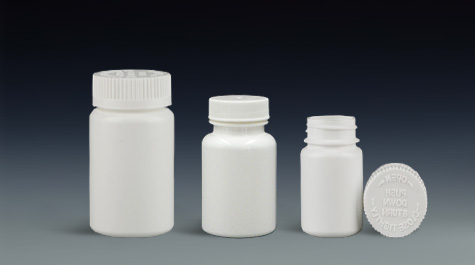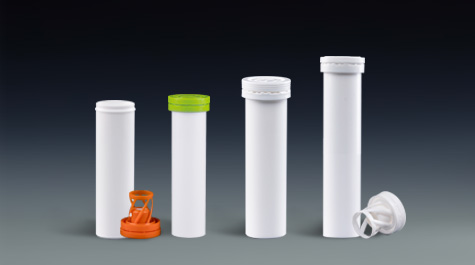American consumers benefit from having access to the safest and most advanced pharmaceutical system in the world. The main consumer watchdog in this system is FDA's Center for Drug Evaluation and Research (CDER).
The center's best-known job is to evaluate new drugs before they can be sold. CDER's evaluation not only prevents quackery, but also provides doctors and patients the information they need to use medicines wisely. The center ensures that drugs, both brand-name and generic, work correctly and that their health benefits outweigh their known risks.
Drug companies seeking to sell a drug in the United States must first test it. The company then sends CDER the evidence from these tests to prove the drug is safe and effective for its intended use. A team of CDER physicians, statisticians, chemists, pharmacologists, and other scientists reviews the company's data and proposed labeling. If this independent and unbiased review establishes that a drug's health benefits outweigh its known risks, the drug is approved for sale. The center doesn't actually test drugs itself, although it does conduct limited research in the areas of drug quality, safety, and effectiveness standards.
Before a drug can be tested in people, the drug company or sponsor performs laboratory and animal tests to discover how the drug works and whether it's likely to be safe and work well in humans. Next, a series of tests in people is begun to determine whether the drug is safe when used to treat a disease and whether it provides a real health benefit.
For more information about the drug development and approval process, see How Drugs Are Developed and Approved.
Source from FDA


没有评论:
发表评论